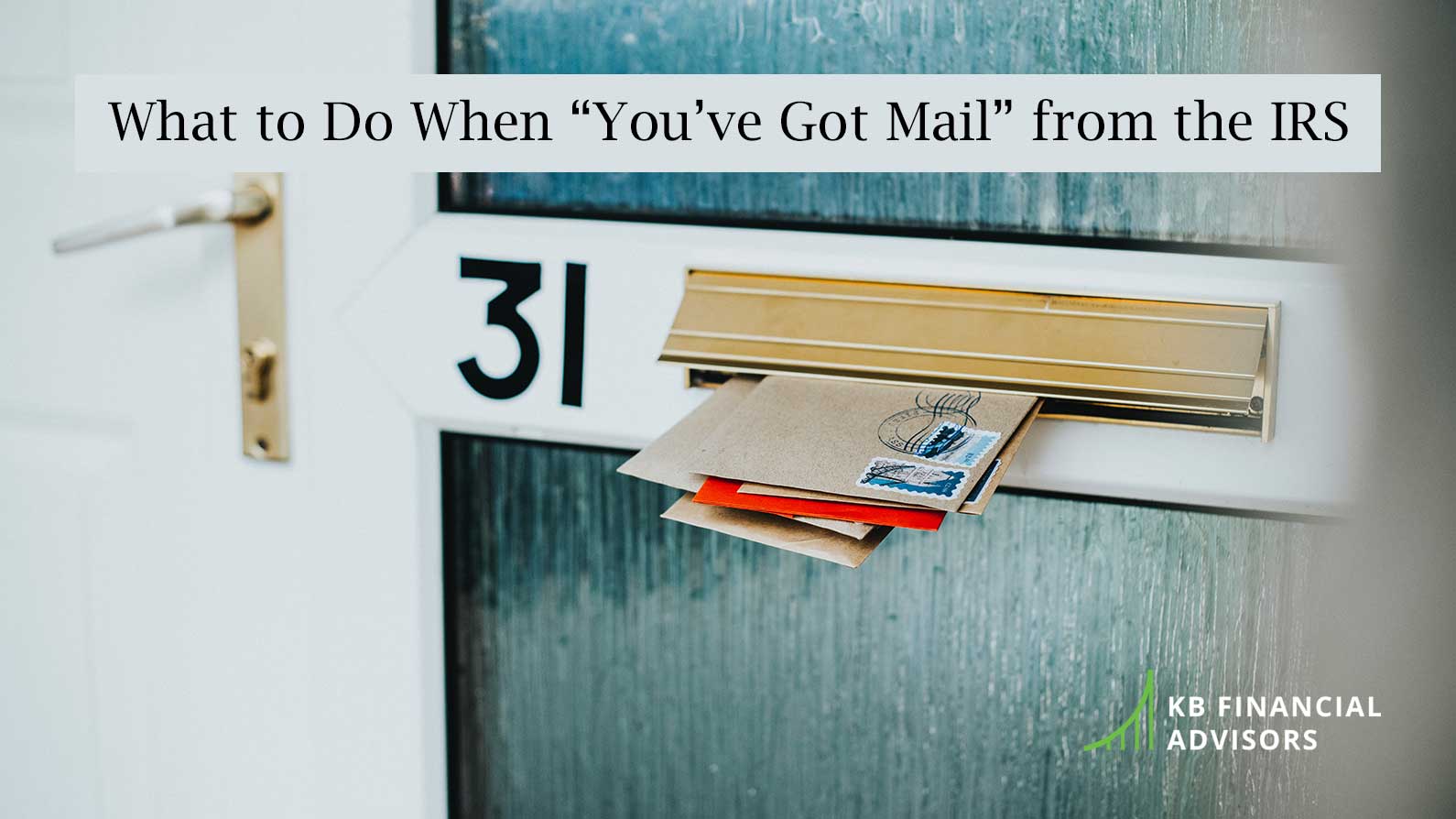There are few notifications that evoke as much panic as a letter from the IRS. And while it might be tempting to just ignore it (NOT a good idea) or simply comply and be done with it (also not a good idea), here’s the thing: often these letters are the result of an IRS mistake.
The most common letter (love note) from the IRS is the CP2000 which is generated because of income discrepancies, miscoded 1099s or 1099Rs, or errors in reporting cost basis of stock sales.
If there’s a discrepancy between the income you reported on your tax return and what the IRS calculated based on what was reported for you by others on a 1099, your CP2000 notice will detail the additional tax that they “think” you may owe. Since it usually takes the IRS about a year to process and send you the notice, it will also include interest and penalties. And, by this time, you’re probably already working on your current taxes. So, the thought of having to dig through old records to dispute the claim and/or having to pay an extra chunk of money only adds to the frustration and fear
That’s where we come in. We have found that in many cases the CP2000 letters our clients receive are incorrect, and several times we have turned clients’ situations around from owing additional taxes to getting a refund.
In our firm, we tend to see IRS CP2000 notices sent due to errors in reporting cost basis in the exercise of stock options (1099B) or the IRS not picking up Code G on the return that indicates a direct rollover IRA (1099R) and therefore considering it a distribution.
Here’s an example. A client came in and said she’d received a CP2000 saying she owed tax. We discovered that the IRS did not properly reflect the basis of the stock that she sold. Once we amended her return with the proper basis, she actually received a refund.
Another client who had made a direct IRA rollover of $50,000 in a prior year received a notice saying he owed tax on the full $50,000. His 1099R was correct, but the IRS had failed to pick up Code G and thus considered the amount a distribution rather than a direct rollover. We’ve recently had at least half a dozen clients who the IRS said owed thousands from the 2016 tax year as the result of something that was actually an IRS error. They’d overlooked the Code G.
So, you might ask, if I receive a CP2000, what should I do? First, don’t panic. The IRS isn’t always right. Call us and we’ll make a determination and write the response.

As a general rule, be sure to keep good records, including all 1099 reported income, and keep those records accessible. And don’t do your own tax return. Ask us to help you ………we will ask the right questions to help you avoid any future mailbox surprises.



